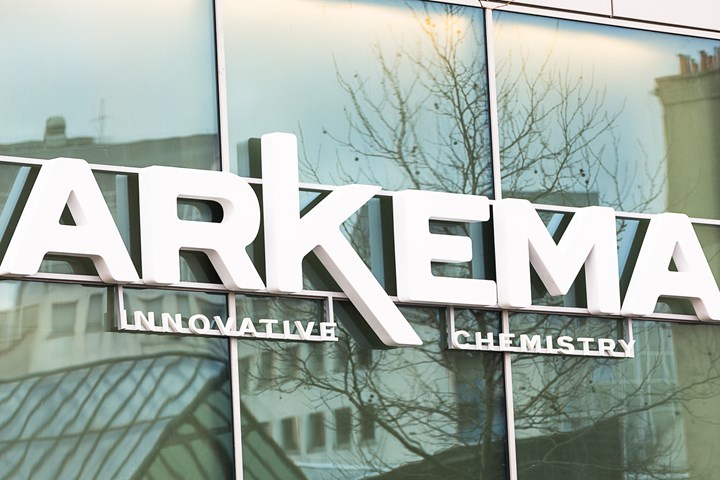Proposed Fixatti acquisition reinforces Arkema thermobonding adhesives business
The proposed acquisition would strengthen Arkema’s global offering of hotmelt adhesive solutions and target its goal to become a pure specialty materials player by 2024.

Source | Arkema
Arkema (Colombes, France) announced on July 20 the proposed acquisition of Fixatti (Nazareth, Belgium), a company that specializes in high-performance thermobonding adhesive powders. This acquisition, Arkema says, will enable Bostik (Milwaukee, Wisc., U.S.), the adhesives solution business line of the Arkema Group, to strengthen its global offering of hotmelt adhesive solutions for niche industrial applications.
Fixatti operates two sites in Europe and one in China, employs 180 people and reports sales of some €55 million. With its grinding, polymerization and compounding capacities, Fixatti is said to develop and market a diversified range of high-performance, environmentally friendly thermobonding powders. Many of these offering solutions addressing bonding issues arise in sectors Bostik is planning to strengthen its global offerings in, including the construction, technical coating, battery, automotive and textile printing markets.
Additionally, Fixatti's copolyester and copolyamide polymerization capabilities are said to present strong synergies with one of Bostik's historic areas of expertise. Following the acquisition of Prochimir (Pouzauges, France) in adhesive films in 2019, Arkema says Fixatti’s complementary geographic and technological associations also align well with Bostik’s growth strategy to become a world leader in innovative and high-value-added thermobonding solutions.
Further, this acquisition is said to target the Arkema Group's goal to become a pure specialty materials player by 2024, centered around adhesive solutions, advanced materials and coating solutions, and its ambition to increase this segment’s EBITDA margin to 16% by 2024.
Closing of the deal is expected in the fourth quarter of 2020, subject to approval by the antitrust authorities in the relevant countries.
Related Content
-
NASA names university teams for aeronautics research challenges
As part of the agency’s University Leadership Initiative, three multidisciplinary teams will address topics related to growth in AAM, while a fourth examines electricity generation for future airliners.
-
AMRC Training Centre introduces composites apprenticeship opportunity
With partners McLaren and Teledyne CML Composites, the Training Center will train new composites technicians in South Yorkshire to build up the future industry workforce.
-
Chemnitz University of Technology receives €6 million to expand research into "green" carbon fiber
Carbon LabFactory and InnoCarbEnergy project conduct R&D across entire value chain from raw materials through processes to structures and systems on a pilot line with technology demonstrators.
















